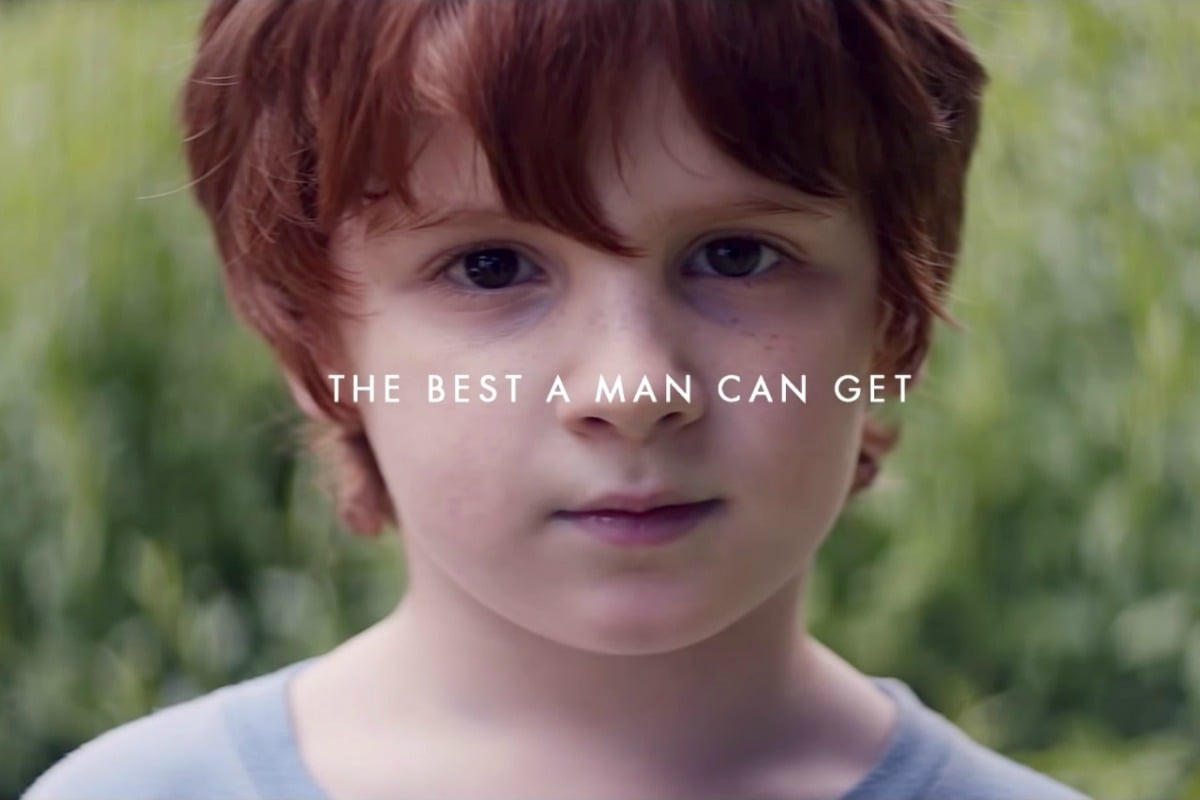
What the backlash to the recent Gillette advertisement has demonstrated more than anything is that challenging deeply held cultural beliefs is not easy.
Having spent 25 years on the front line working with men who use violence, my organisation No to Violence has heard similar pushbacks in our Men’s Referral Phone Service. Questioning the underlying beliefs and attitudes that fuel men’s violence elicits the same reaction whether it’s a Gillette ad addressing broad messages about a more positive version of masculinity or talking to men about their particular issues.
Defensiveness is expected and should be (to some degree) welcomed as a necessary starting point to exploring these issues. These ideas are necessarily challenging, they are necessarily confronting, and they are certain to arouse discomfort. If dislodging an identifier as fundamental a construct as gendered socialisation didn’t provoke some discomfort, we would be doing something wrong. This is particularly difficult where that identifier carries with it the allure of social and material privilege.
Watch the controversial Gillette ad below:


Top Comments
Also, it must be said that a great deal of the sad and sorry state of men who commit terrible murders has nothing to do with them having a penis, and everything to do with having been in some way damaged, and as they don't come from the supermarket we can surmise women have something to do with them as they develop from babies to men... so its not just a man problem. you can't blame 'toxic males' without digging deeper into how they get damaged and thats very complex. It's not 'being male... it's a whole lot of stuff. Why are nearly all men fabulous, and kind and great fathers? Brain health. Good upbringing, good nutrition, lack of drug and alcohol damage, opportunity, respectful home relationships, and I could go on. If you dissect the history of male perpetrators violent crimes you'll find child abuse, fetal alcohol disorder, drug use, abuse, neglect lack of father figure or role model and so on, indoctrination into violence, desensitisation, pornography exposure very young and so on. Being MALE is not the cause. Its much more complex than that. Do all males beat dogs to death or just a very few? All are sick in the head, they don't do it because they are male.
just confirming.. .this is the same Gillette company that plastered the word Gillette on girls bums and boobs in the Formula 1 right?...